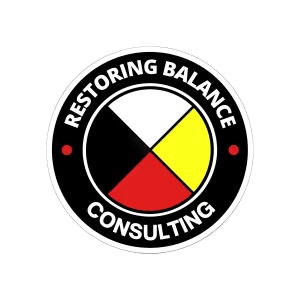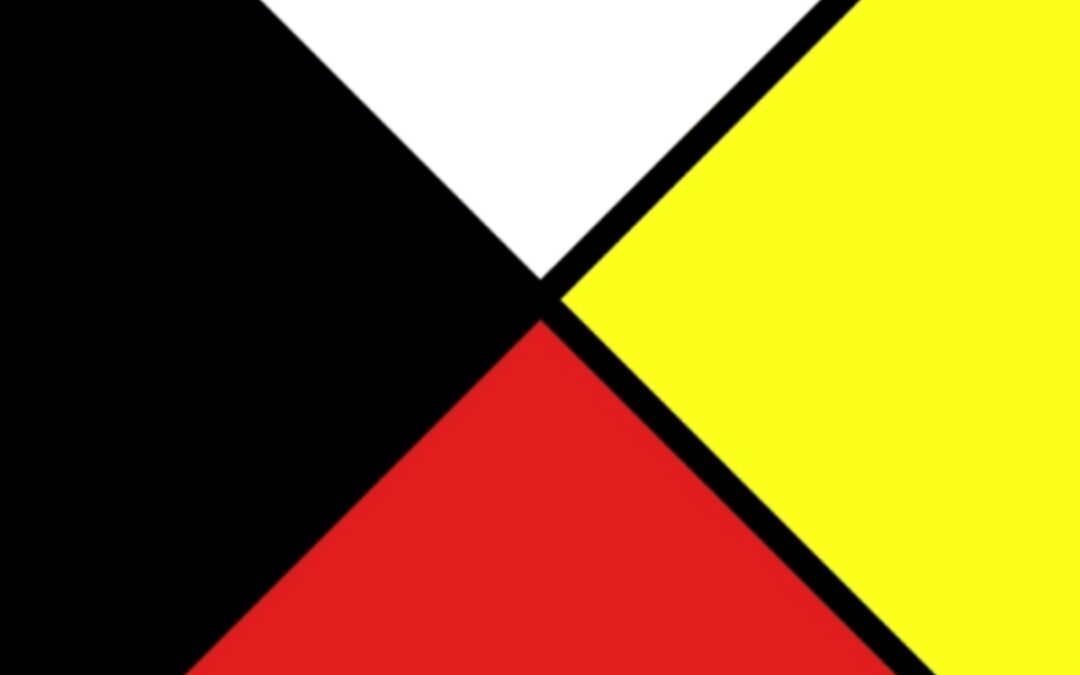Two-day Gathering Discusses Trauma of Indigenous Children in Foster Care System
SIX NATIONS ‑ When soldiers experience war, it affects every aspect of the victim – spirit, soul and body. This condition is known as Post Traumatic Stress Disorder. However, the trauma of being uprooted from one’s home at a very young age — whether through residential schools, the Sixties scoop or other means — can result in the same kind of condition in both children and their parents.
This was the message author, lecturer, and researcher Gerald Kiesman brought to Six Nations Polytechnic on November 17-18.
The meeting was organized by O Gwadeni:deo, Alternative Care Resources Unit, and brought many important aspects of their work to the forefront.
“All children are seen as valued gifts,” says the vision statement of the O Gwadeni:deo, Alternative Care Resources Unit. “We envision reclaiming our inherent rights to provide a service imbedded in Haudenosaunee culture that ensures the safety, preservation and protection of all children.”
Crystal Doolittle, director of O Gwadeni:deo, and her group are moving towards Six Nations own Haudenosaunee child welfare agency and invited Kiesman to address the community with his decade of research into the depth of the trauma First Nations children and parents go through when a child is taken away.
“When we are looking at various requests, moving forward, what are the things that need to occur?” says Doolittle. “We know that we want our alternative care leaders and service providers as well as community members to be aware of the impacts that face children who come into care, and the trauma they can face. This, as well as issues they face at school, might not be offered to our students in that type of system.”
Understanding the various physical, emotional, and spiritual manifestations which are connected to these experiences is the centre of Kiesman’s book and workbook he has been touring First Nations communities with. The workshop was also intended to offer insight to students and their parents on how their children are impacted every day.
“For us as an organization, and with our partner organizations, it is to ensure that we [are] all moving ahead in the same direction, and carrying the same vision that children are gifts and that we need to protect those gifts,” Doolittle says.
She underscores that it isn’t just their organization, but rather the entire community which must take care of our own.
“We have had a lot of great dialogue today,” says Bernadette Maracle, Alternative Care Team Leader, “But I would like to see more training for our community, our first responders, about what our children are going through.”
Caring for Six Nations children in distress in a culturally appropriate manner was first mandated by the Elected Council in 1985, but has been simmering since then after several false starts. Now, through the O Gwadeni:deo program, Bernadette and her team have given it legs.
“Gerald’s work serves to validate what we have been saying,” says Maracle.
She and the team believe their model is not new, but reflects what Haudenosaunee people practiced in generations gone by.
“It is trauma when a child is removed from his or her families and community, not just for the child, but for the entire family as well,” she says.
Kiesman — who has researched childhood trauma for more than a decade — gathered the information for his work from science and social services findings from across the country.
“Scientists are beginning to understand that trauma can be passed from generation to generation,” says Kiesman. “So even if you personally have not been traumatized directly, the results of the trauma suffered by others, including parents or grandparents, can and many times does impact on them too.”
Many topics were addressed through the two-day session, with a hands on workbook used by participants to help understand how these truths impact the children and the entire community.

